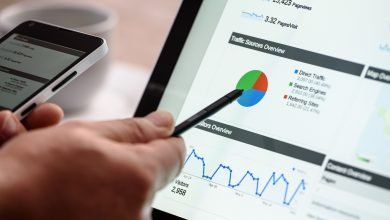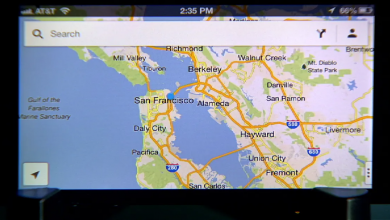Coronavirus Apps and Dashboards
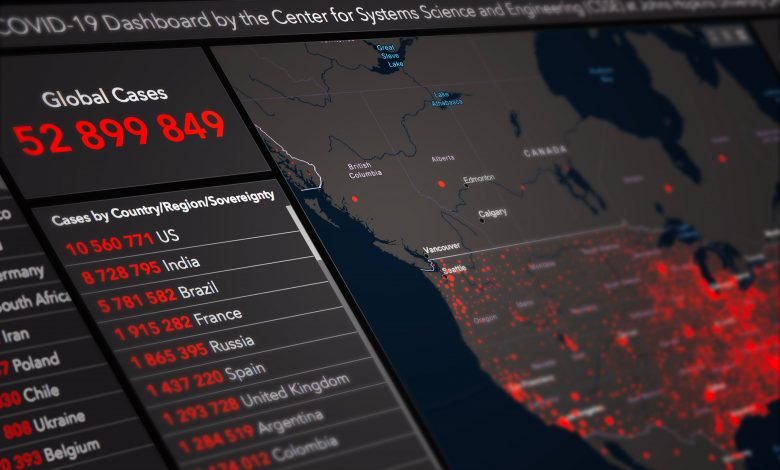
Governments, universities, and hospitals are using coronavirus Contact Tracing applications and dashboards to monitor the spread of the virus. They help limit the transmission of the virus and allow public health workers to identify who is at risk of becoming infected. These applications use various technologies to collect data about the virus. The information is then used to limit contact with those who are infected.
Coronavirus mobile apps
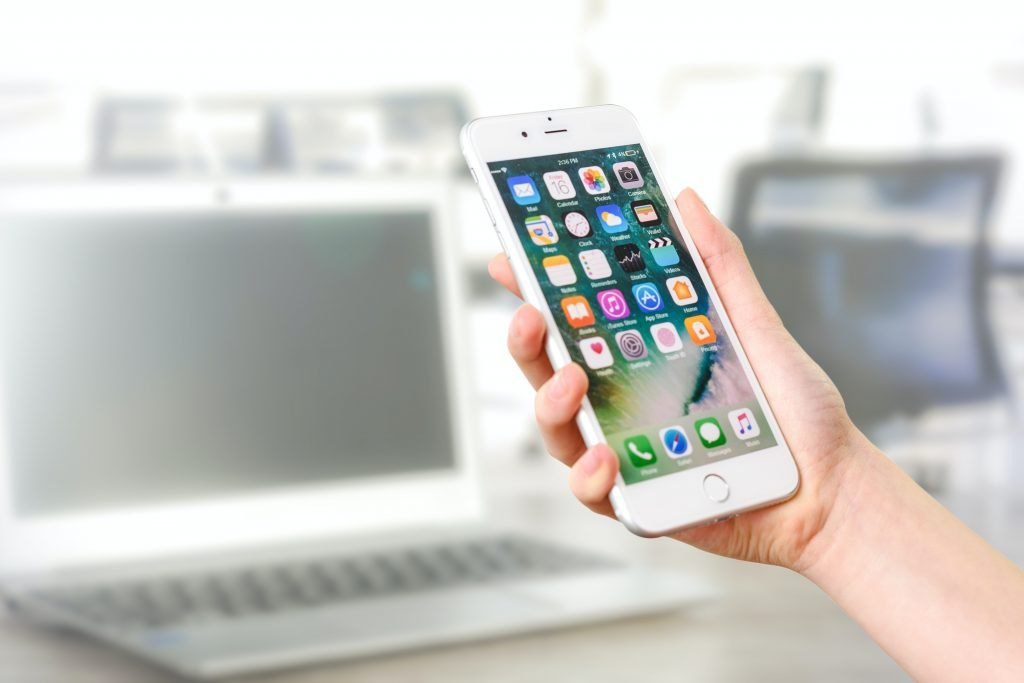
Coronavirus mobile apps and dashboards are being used by hospitals, government agencies, colleges, and universities to keep track of the symptoms of the virus and limit contact. These applications use different technologies to collect data and track people exposed to the virus. Although these apps benefit public health, there are some concerns about privacy and trust. Some people do not want the government to have access to their data. They also fear that data can be misused. However, some mobile apps are open source and follow strict ethical guidelines. The reviewers also looked for studies in which clinical professionals developed the apps.
The dashboards and mobile apps are web-based and will give users access to real-time information about the disease, weather conditions, and outbreaks. They will also be able to access news about the disease and patient education materials. In the future, more public health information will be available via these tools.
PNP coda
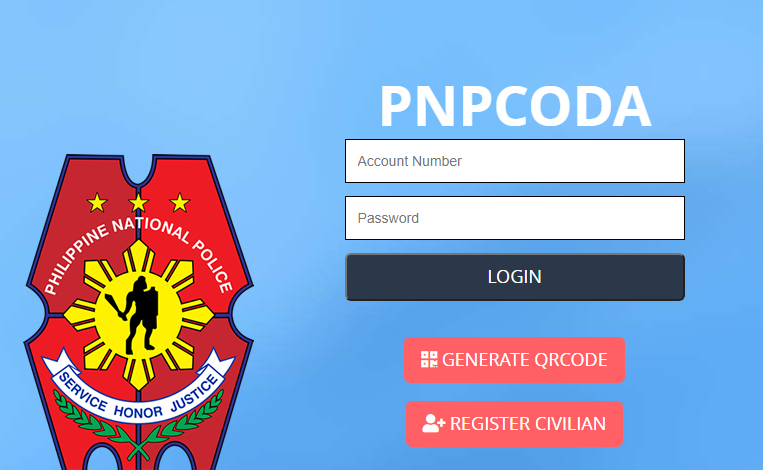
The PNP Coda dashboard provides an in-depth analysis of patient data. Users can access the data from their desktop or mobile device. Inputs from PNP officers can also be made via the dashboard, allowing them to access all the necessary information in real-time. The data is also shared with other healthcare providers and government agencies.
The dashboard features an easily navigable interface and easy-to-read graphs. It is designed to help healthcare providers and the government track disease outbreaks and prevent further cases. PNP CODA is free to use and features a comprehensive patient data overview. In addition to this, it also includes a visualization tool for straightforward data interpretation.
A dashboard is a powerful tool for health care providers, which allows them to track disease prevalence and share data on an interactive map. It is also designed to aid researchers and developers. It is easy to use and includes templates that guide the user in entering data. PNPCODA is free to download and can be used on a computer or mobile device.
Coronavirus Contact Tracing Apps
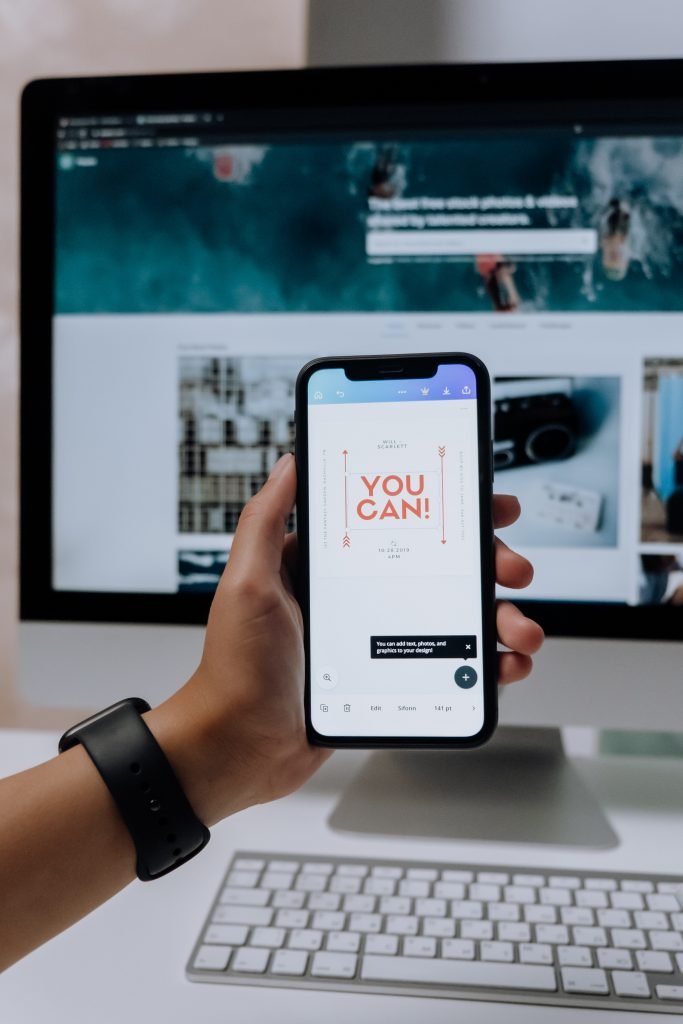
The purpose of Coronavirus Contact Tracing apps is to detect and slow the spread of the virus. However, these apps are not without their flaws. One major problem is that they require widespread use by a large percentage of the population, which is not always the case. Fortunately, there are several ways to counter this issue.
Several governments, hospitals, colleges, and universities are using mobile apps to monitor symptoms and communicate the latest information about the virus’ spread. They can also help limit the spread of the virus by allowing people to limit their contact with infected individuals. Health departments also use contact tracing apps to identify people who may be exposed to COVID-19.
The implementation of contact tracing apps can help prevent and stop a future COVID-19 pandemic. However, many contact tracing apps have a limited user base. To overcome this problem, they must be designed with privacy and security in mind. Users must be protected from unscrupulous users as well as snoopers.
Care19 Diary
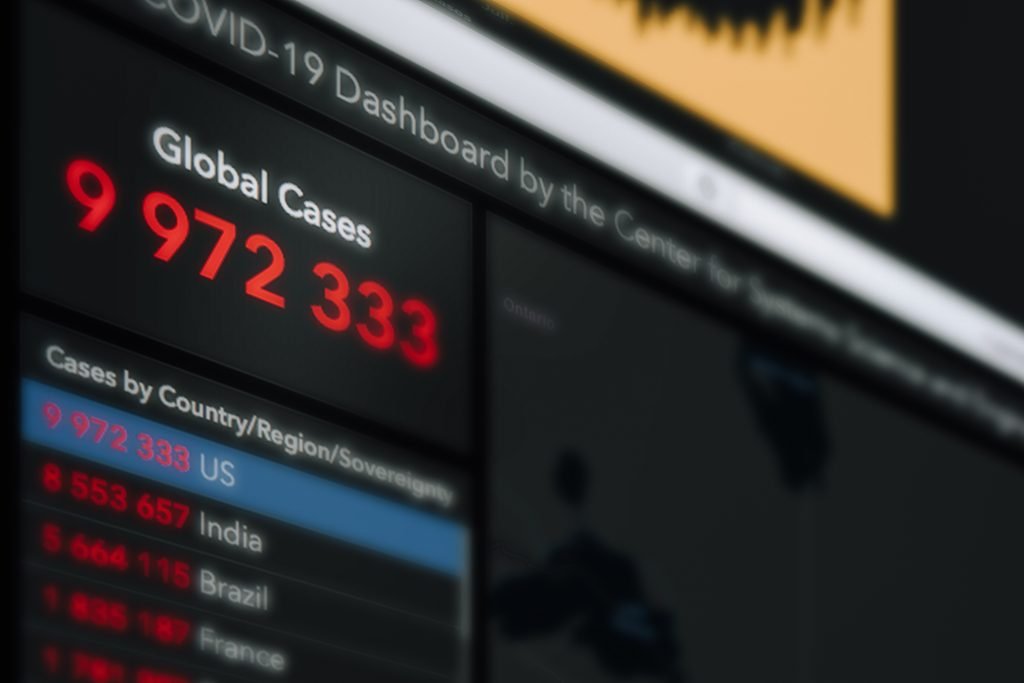
The Care19 Diary for Coronavirus Apps combines GPS location data with a digital diary. These apps help users remember where they were during the past 14 days to retrace their steps if they contract the COVID-19 virus. Users can volunteer to share this information with their state health department.
The Care19 Diary for Coronavirus Apps is already available in North and South Dakota. It encourages residents to log their locations and share this information with officials so they can monitor the spread of the disease. This app also provides real-time COVID-19 data and alerts so residents can limit their contact with infected people.
The app connects with the National Key Server (NKS) the Association of Public Health Laboratories provides to notify people of possible exposure. This feature benefits people living in North Dakota who travel across state borders or visit people who live in other states. The app is available in both the App Store and Google Play Store.
Path check
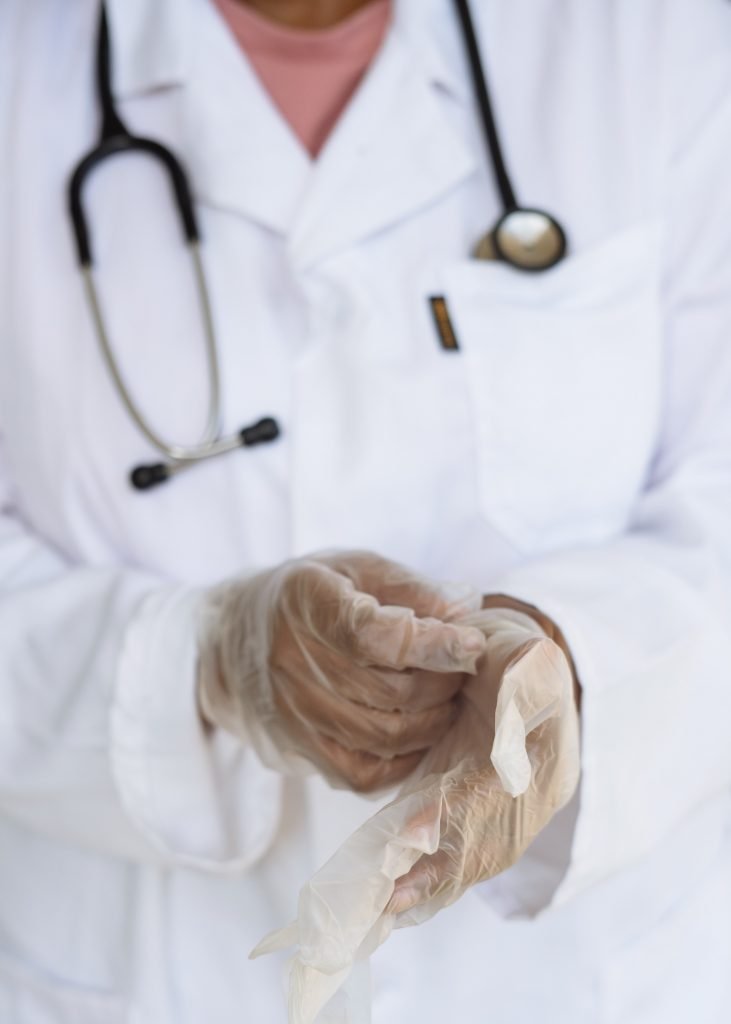
PathCheck is a nonprofit organization that builds COVID-19 apps for digital contact tracing. The team includes:
- Part-time and full-time leaders.
- Designers.
- Engineers with diverse backgrounds and expertise.
They are driven by a passion for technology and a desire to empower people with pandemic response solutions. They believe in building the right product first and are committed to open-source development.
PathCheck was founded at MIT and has worked with industry leaders to build the foundation for public health applications. Its goal is to help people play a more active role in their health while protecting their privacy. The PathCheck team worked with a group of public health experts to create a public health technology platform and develop a suite of mobile apps to enhance it.
The new COVID-19 vaccination dashboard developed by the UAB Health System and PathCheck Foundation is the latest step in the collaborative effort. This app lets the public understand the current status of the disease and identify vaccination gaps. It builds on collaboration between UAB and the PathCheck Foundation, which partnered on the COVID-19 exposure notification app GuideSafe.
SlowCOVIDNC
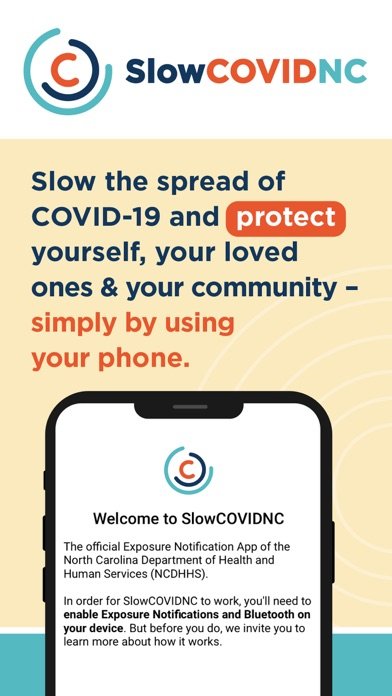
SlowCOVIDNC, a free app for Apple and Google mobile devices, is designed to notify users of potential COVID-19 exposure and give them time to react quickly and safely. It uses location data to inform users if they have come into contact with a COVID-19-positive individual. Users can choose to keep the app or obliterate it.
SlowCOVIDNC is a voluntary program that protects your privacy. Only a few pieces of information about your proximity, signal strength, and duration of proximity are collected. In addition, you can share your positive COVID-19 test results anonymously. You can also notify others in close contact if you are a virus carrier if they are infected.
conclusion
In creating Coronavirus apps and dashboards, DxHub collaborated with university epidemiologists, Campus Health and Wellbeing, and Student Affairs departments. The team focused on gathering data from university systems and making it publicly available for sharing with the university community. They also worked closely with ITS, Student Affairs, and Campus Health and Wellbeing departments.
The dashboards were categorized based on general characteristics, data communication, and actionability. Actionability scores were based on a Likert scale, ranging from “not actionable” to “extremely actionable,” and were accompanied by a written statement describing the scorer’s reasoning. The dashboards were then ranked based on these criteria.


